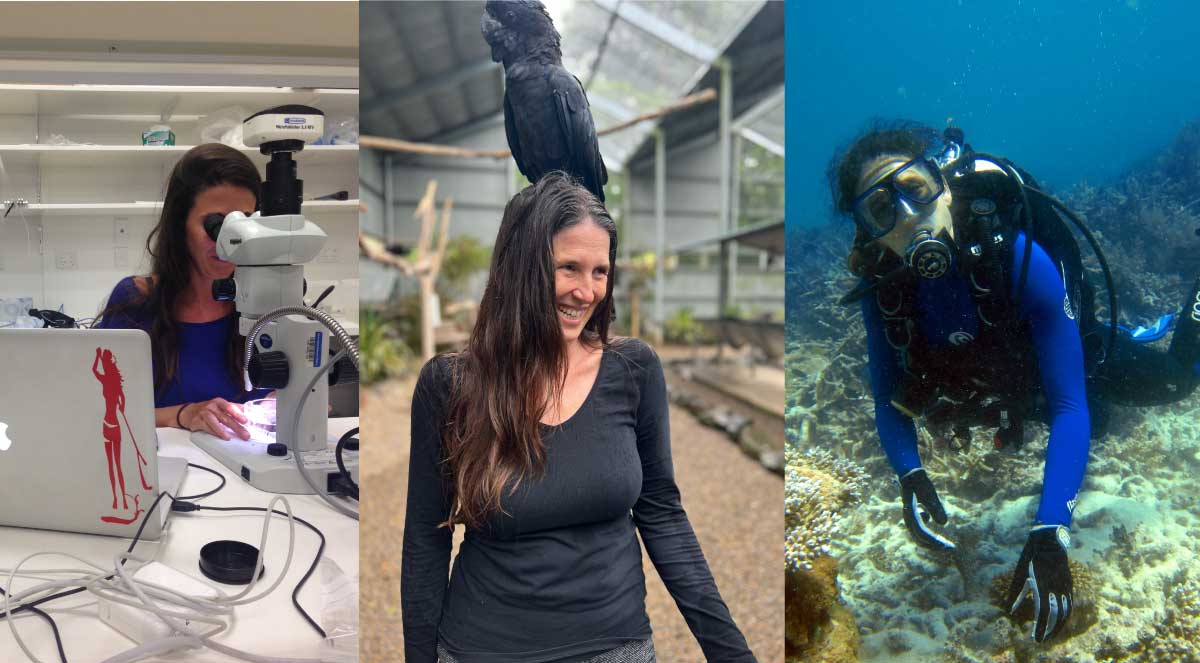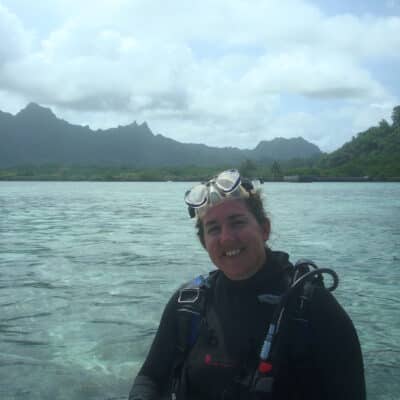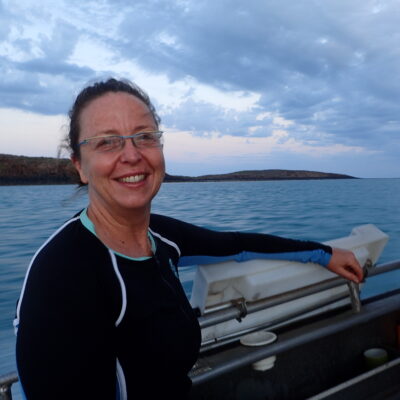Symbiobase
- Eugenia Sampayo (symbioBase curator)

Eugenia is an ABRS-NTGRP (https://www.dcceew.gov.au/science-research/abrs/grants/awarded/2020-21) Research Fellow at the University of Queensland. Over the past 20 years, Eugenia has worked on marine invertebrates across the Indo-Pacific Ocean and Caribbean basin. Her research focuses on the evolutionary ecology, biodiversity and species ranges of Symbiodiniaceae associated with marine invertebrates, including scleractinian corals. Eugenia is responsible for curating data into SymbioBase.
Website | Publications | Twitter
- Todd C. LaJeunesse

Todd is the founder of the current taxonomic framework for Symbiodiniacaee. He revised the former genus Symbiodinium into the family Symbiodiniaceae that now contains 11 genera. Todd is based at the Pennsylvania State University (U.S.A.) where he leads the “Symbiosis & Evolution Lab”. He focuses on the evolutionary ecology, biogeography and species diversity of marine invertebrate symbioses.
Symbiosis & Evolution lab | Publications | Twitter
- Zoe Richards

Zoe is an expert on Indo-Pacific scleractinian coral taxonomy, systematics, population genetics, and conservation biology. She has described several coral species and is responsible for over 50,000 Marine Invertebrates specimens as Curator of Marine Invertebrates at the Western Australian Museum. Zoe holds a joint position at Curtin University, where she leads the Coral Conservation and Research Group within the Trace and Environmental DNA Laboratory. Zoe’s work actively engages with conservation, informing threatened species policies (IUCN Coral Specialist Group) and working alongside marine park rangers and managers (e.g. Ningaloo Reef, Kimberley).
Website | Museum | Publications | Twitter
- Christian Voolstra (University of Konstanz, Germany)

Christian is a professor at the University of Konstanz (Germany) and president of the International Society for Coral Reef Society (ICRS). Christian’s work integrates genomics approaches to gain an integrated understanding of coral ecology and evolution. His work targets adaptive capabilities and biotic response to environmental change from organismal to ecosystem levels to provide guidance for conservation and sustainable use of coral ecosystems.
Website | Publications | Twitter
- Lisa Kirkendale (Western Australian Museum, Australia)

Lisa is the Head of Aquatic Zoology and Curator of Molluscs at the Western Australian Museum. Her work focuses on bivalve taxonomy and systematics, with a specific interest in biogeography, evolution and adaptation. Lisa serves as an expert for industry and government, and has led major biodiversity discovery programs (e.g. “Bush Blitz”, “Westport Biodiversity Survey”, Schmidt Ocean Institute expeditions). Her work delivered thousands of data points on mollusc species occurrences, many of which represent new records and new species, and directly informed marine park management (Gascoyne Marine Park, Kimberley Marine Parks). She is excited to increase knowledge of molluscan symbioses with Symbiodiniaceae, with are sorely missing from current biodiversity estimates (<0.5% of data).
Website | Publications | Twitter
